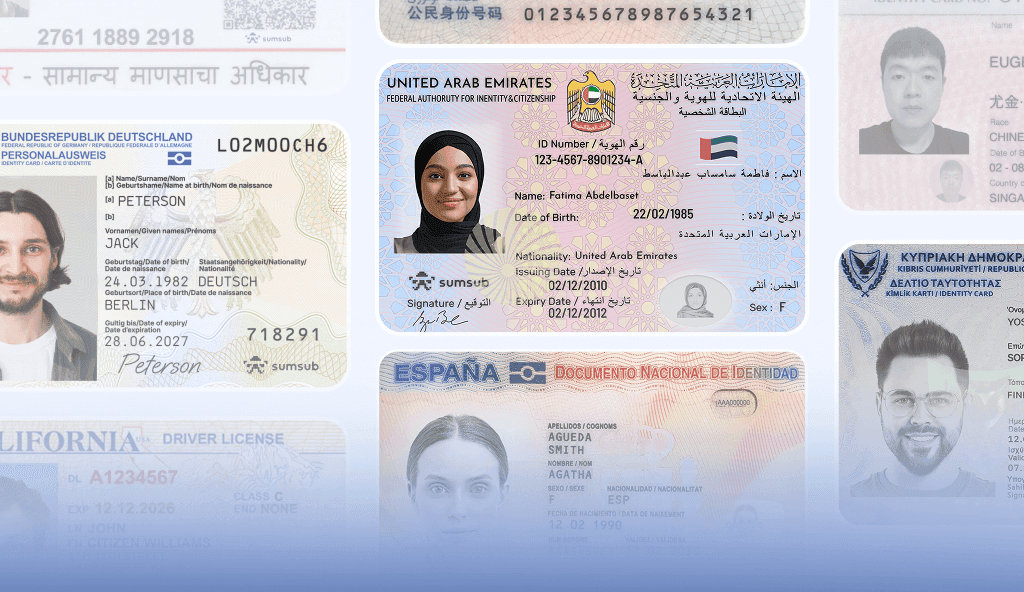- Oct 14, 2019
- 2 min read
How Growing Virtual Asset Regulations Are Influencing Crypto Businesses
Although there is a lack of official announcements, cryptomarket braces to face new crypto demands, as FCA continuously recruits compliance officers in the UK, Czech Republic spreads rumors on stepping up compliance demands on their local news and South Korean watchdog FIU mentions their plans on directly supervising crypto exchanges.
Let’s look at what some of the regulators have already done to comply with crypto demands.
- Germany
BaFin in its turn urges regulators and policymakers to develop control questions and standards that will be applied to the Facebook’s upcoming cryptocurrency, Libra. Bafin also actively participates in licencing STO’s with the 2nd blockchain-based securities issuer company (after Bitbond) to receive a green light from the regulator.
- Switzerland
FINMA is getting more involved into regulating the new crypto space, ever since it published detailed guidelines on ICOs, that put utility and asset tokens among businesses regulated under securities laws, with payment tokens subjected to the Swiss Anti-Money-Laundering (AML) Act.
- Japan
As a result of previous breaches in their cryptocurrency exchanges (Mt. Gox and Coincheck), Japan is proactively scrutinizing and participating in crypto exchange regulation. The country is soon to create an international cryptocurrency payments network with the mission of combating money laundering, the organization that was already approved by the Financial Action Task Force (FATF).
- Malta
MFSA has recently released a statement that they had given approval to 14 Virtual Financial Asset (VFA) agents, underlining that: “The issuance of these in-principle approvals is an important milestone in the MFSA’s effort at becoming a regulator of excellence in the field of the regulation of crypto assets,” said Dr. Christopher Buttigieg, head of securities and markets supervision at the MFSA.
Embracing crypto compliance
The biggest target and the greatest struggle right now is the absence of a clear, unified approach to cryptocurrency regulations. Not only businesses but regulators themselves are mostly guessing as to what would be the right direction to fraud-free compliance. There are countries who grow their compliance stronger and encourage others, such as Japan, more cautions US and Europe, and an outsider—China.
Everybody who wants to grow their cryptocurrency business globally will have to take the necessary steps. Some did it already: Localbitcoins—a crypto exchange from Venezuela, heightened their KYC/AML requirements despite traders complaning about the excessive demands. Another exchange—Binance has partnered with crypto analytics startup Coinfirm to improve its anti-money laundering (AML) compliance.
In general, crypto compliance is somewhat following the same path as Know Your Customer requirements that just a couple of years ago seemed unnecessary. Now, KYC presence or absence has a huge impact on business reputation, being one of the main criteria for a choice of a financial company.
Relevant articles
- Article
- 1 week ago
- 11 min read
Learn what KYC is and the steps users should take to onboard smoothly.

- Article
- Jan 15, 2026
- 8 min read
AI-generated fake IDs are bypassing traditional KYC: learn why businesses need to rethink their identity verification in 2026.

What is Sumsub anyway?
Not everyone loves compliance—but we do. Sumsub helps businesses verify users, prevent fraud, and meet regulatory requirements anywhere in the world, without compromises. From neobanks to mobility apps, we make sure honest users get in, and bad actors stay out.


